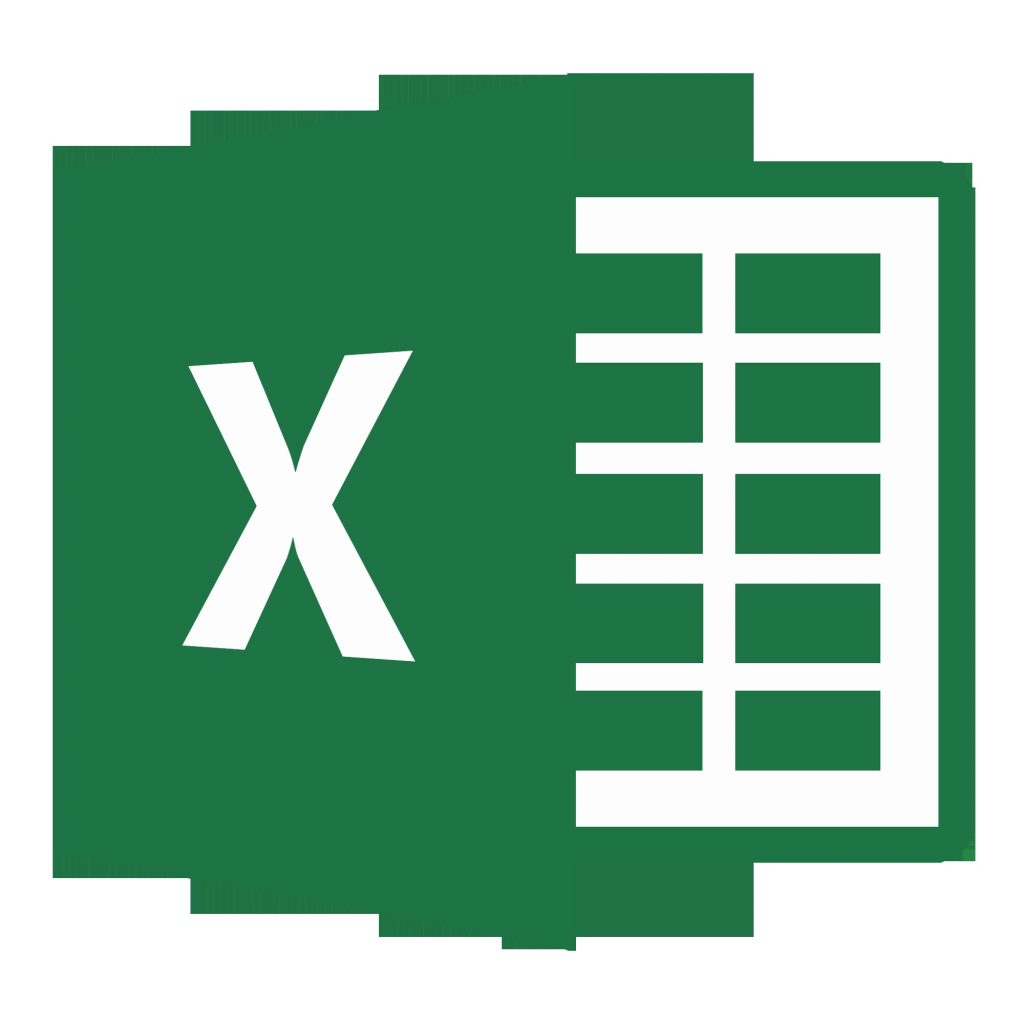
Business Intelligence Tools

![]() Spreadsheets: Generally used is Microsoft Excel, open source spreadsheets software, web based spreadsheets. There is also business Intelligence software with spreadsheet as front end user interface.
Spreadsheets: Generally used is Microsoft Excel, open source spreadsheets software, web based spreadsheets. There is also business Intelligence software with spreadsheet as front end user interface.
![]() Digital dashboard: Dashboards are easy too read real-time user interface, which shows a graphical presentation of the current status
Digital dashboard: Dashboards are easy too read real-time user interface, which shows a graphical presentation of the current status
![]() Reporting and querying software are either open source or proprietary software which are used to report, query, sort, filter and display data.
Reporting and querying software are either open source or proprietary software which are used to report, query, sort, filter and display data.
![]() OLAP Tools: OLAP is online analytical processing. OLAP tools helps users to interactively analyze the data from multiple sources in a multidimensional view based on the users business perspective.
OLAP Tools: OLAP is online analytical processing. OLAP tools helps users to interactively analyze the data from multiple sources in a multidimensional view based on the users business perspective.
![]() Self Service business Intelligence: Self Service BI is an approach which enables business users to access and analyze data without the help of IT.
Self Service business Intelligence: Self Service BI is an approach which enables business users to access and analyze data without the help of IT.
![]() Mobile business Intelligence: Mobile Business Intelligence is about bringing Business Intelligence to mobile workforce on the go.
Mobile business Intelligence: Mobile Business Intelligence is about bringing Business Intelligence to mobile workforce on the go.
![]() Embedded Business Intelligence Software: Embedded Business Intelligence Software is the integration of business intelligence capabilities within business process applications.
Embedded Business Intelligence Software: Embedded Business Intelligence Software is the integration of business intelligence capabilities within business process applications.


![]() Extract, Transform, and Load Software: ETL Software are software tools that are used to combine. blend, clean, profile and audit data from different sources.
Extract, Transform, and Load Software: ETL Software are software tools that are used to combine. blend, clean, profile and audit data from different sources.
![]() Self Service Data Preparation Software: Self Service Data Preparation Software enables the data analysts to prepare and clean data to perform analyses without the help of IT team.
Self Service Data Preparation Software: Self Service Data Preparation Software enables the data analysts to prepare and clean data to perform analyses without the help of IT team.
![]() Data mining Tools: Data mining tools are discovering patterns in large data sets involving methods using artificial intelligence, machine learning, statistics, and database systems.
Data mining Tools: Data mining tools are discovering patterns in large data sets involving methods using artificial intelligence, machine learning, statistics, and database systems.
![]() Data warehousing Tools: Data warehousing is a central repository of data. This is created by integrated data retrieval from different sources.
Data warehousing Tools: Data warehousing is a central repository of data. This is created by integrated data retrieval from different sources.
![]() Decision intelligence: Decision engineering is a framework for decision making.
Decision intelligence: Decision engineering is a framework for decision making.
![]() Process mining: Process mining is analysis based on event logs stored in an information system
Process mining: Process mining is analysis based on event logs stored in an information system
![]() Business Performance Management: Business performance management is a set of processes for managing the performance of an organization using the selection of the goal, consolidation and review.
Business Performance Management: Business performance management is a set of processes for managing the performance of an organization using the selection of the goal, consolidation and review.
![]() Unified Modeling Language: Unified Modeling Language is a modeling language to help system and software developers for specifying, visualizing, constructing, and documenting the software systems.
Unified Modeling Language: Unified Modeling Language is a modeling language to help system and software developers for specifying, visualizing, constructing, and documenting the software systems.
![]() Local Information System: Local information systems are designed primarily to support geographic reporting.
Local Information System: Local information systems are designed primarily to support geographic reporting.

